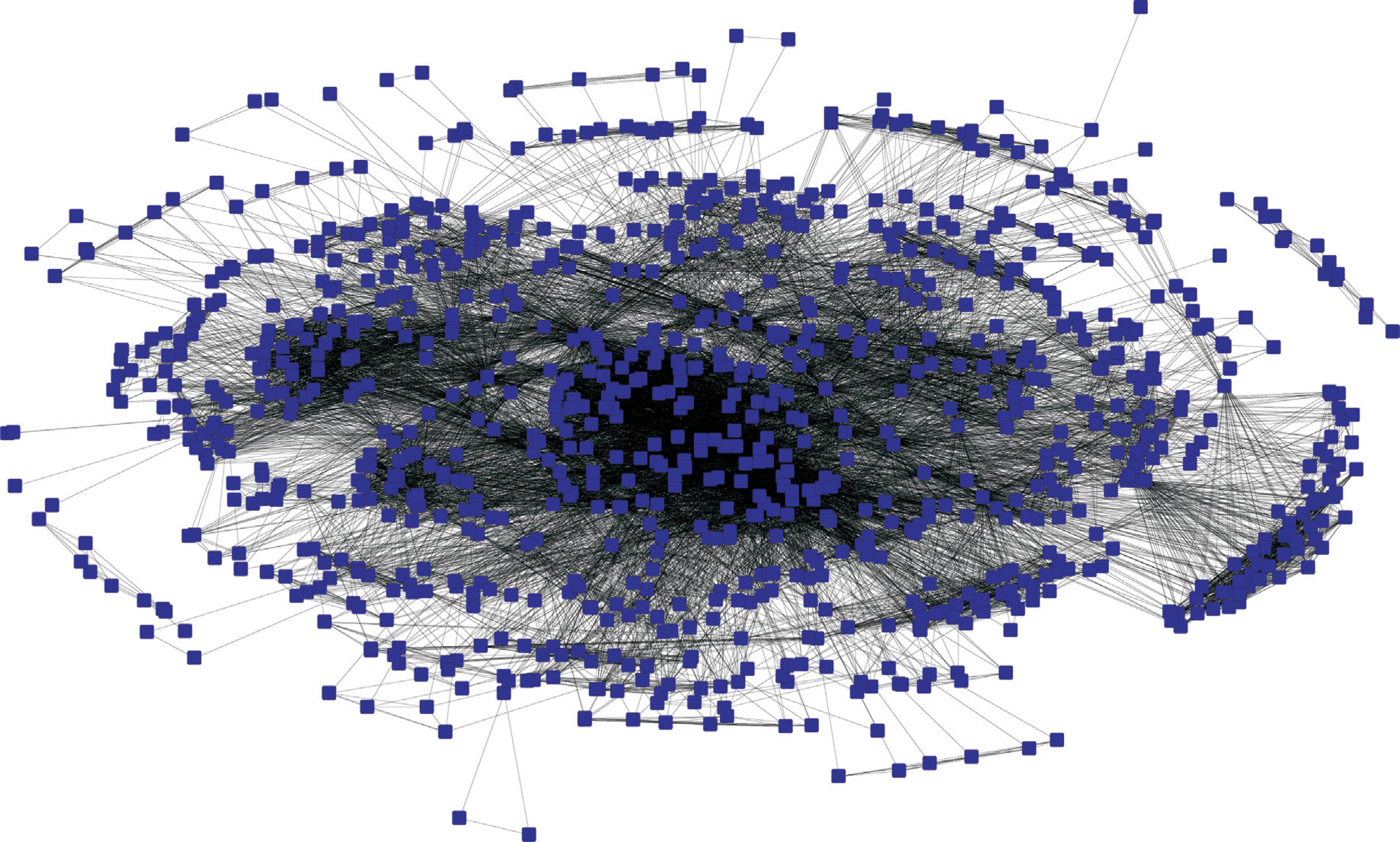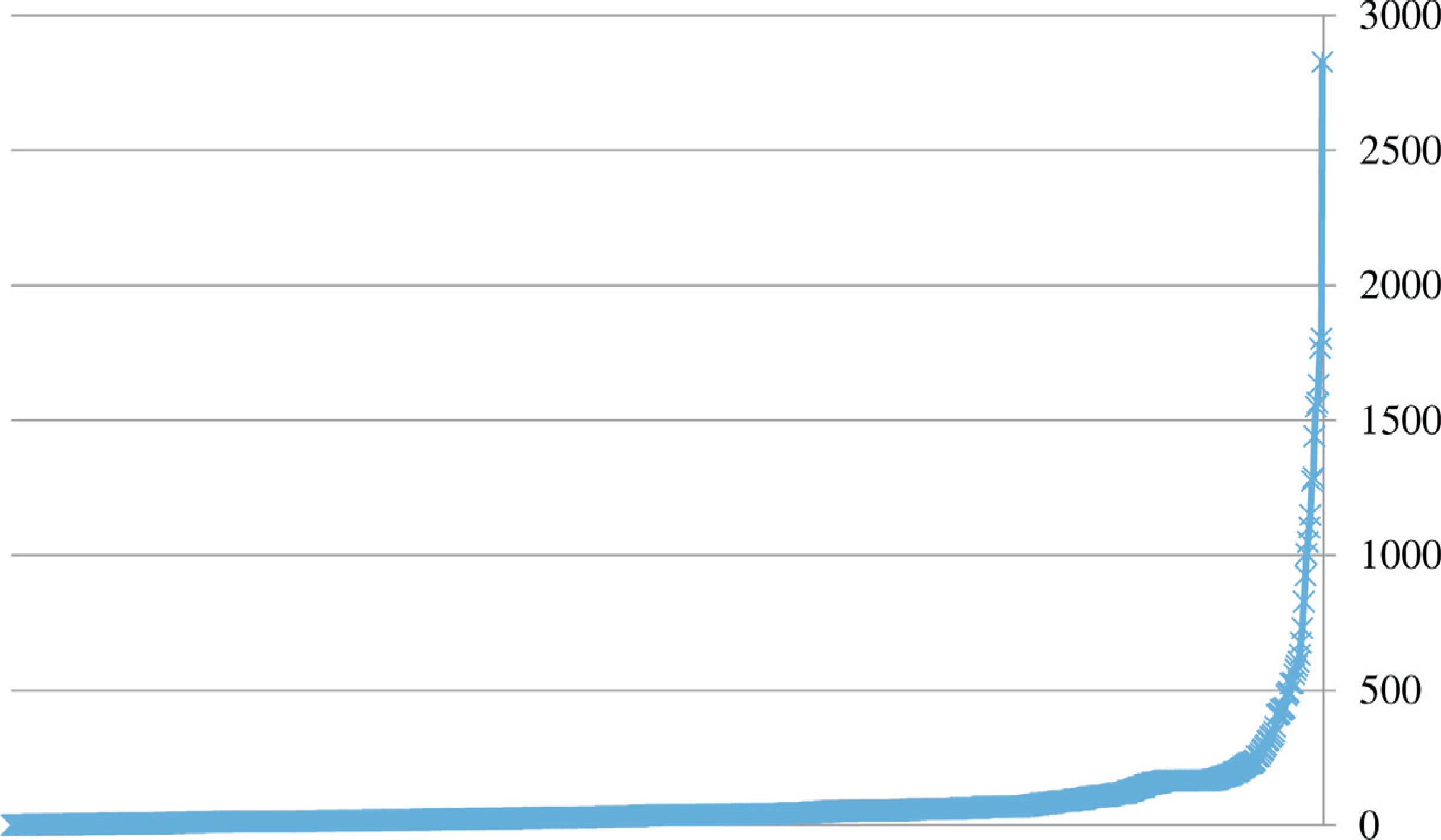Abstract
The study aims to map the relations between interest groups in the Brazilian National Congress and to propose hypothesis about the population of interest groups. The guiding questions were: how interest groups articulate between themselves in the main political debates? Which are the most active groups? What are the main characteristics of the relationship structure? The data was collected from Congress websites. Every interest group participation in public hearings or seminars or similar events was registered for 2011 and 2012. This way, the study built a complete network with multi issue focus for all commissions of the Brazilian National Congress. The complete network has low density and several clusters around policy issues, making it closer to small world and a giant component models. Most organizations are are very specialized and is dedicated to only one policy. Nevertheless, a clear core with very central interests groups can be observed. The hypothesis is that interest groups that conforms the core have a special role and are more influente. In spite of that, none of the groups (or any coalition) seen to be predominant, as the centralization of the network is very low. The study presentes the first complete network of interest groups. The results indicate the existence of a core of organizations that exerts a structurally more important role. It is hypothesized that the centrality of interest groups can be a proxy for influence. From a theoretical perspective, it indicates the need to review pluralist thesis of atomization of interest groups.
KEYWORDS:
interest groups; Brazilian National Congress; network analysis; lobby; decision-making

 Fonte: o autor.
Fonte: o autor.
 Fonte: o autor.
Fonte: o autor.
 Fonte: o autor.
Fonte: o autor.
 Fonte: o autor.
Fonte: o autor.
 Fonte: o autor.
Fonte: o autor.